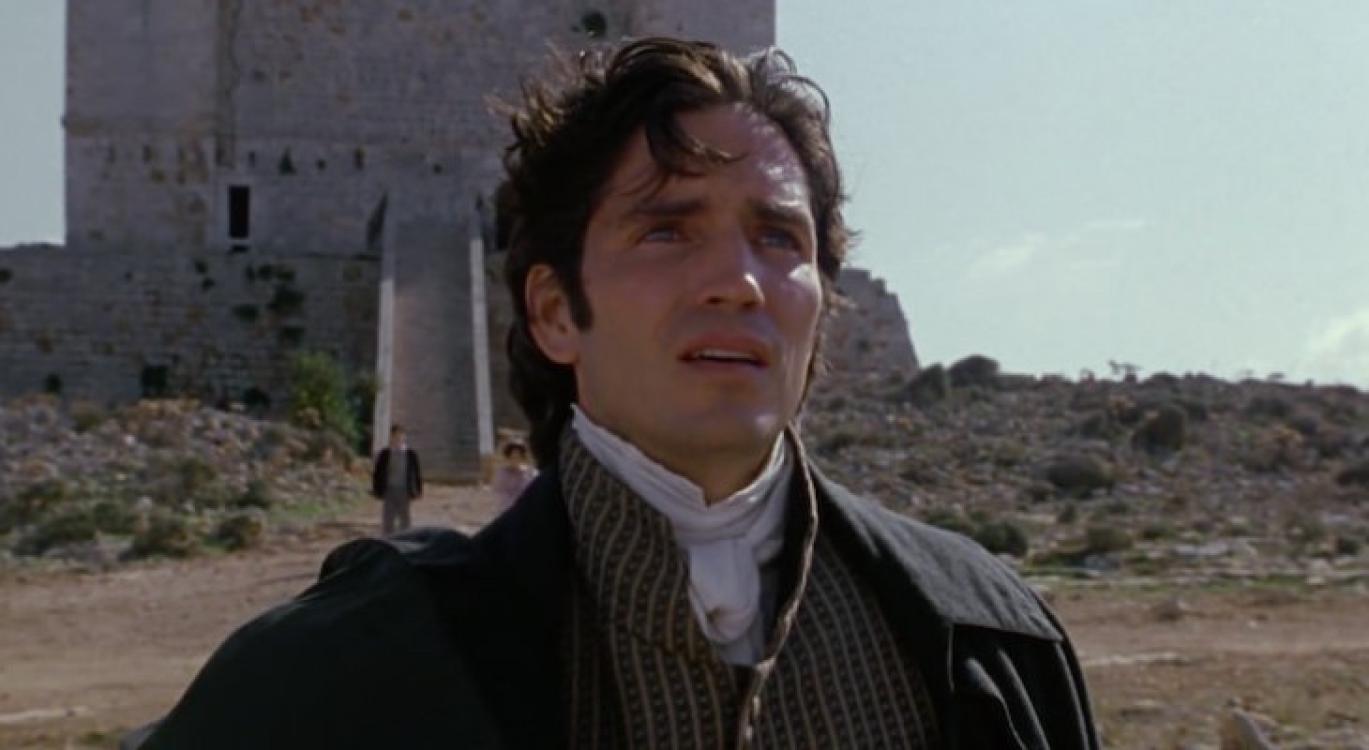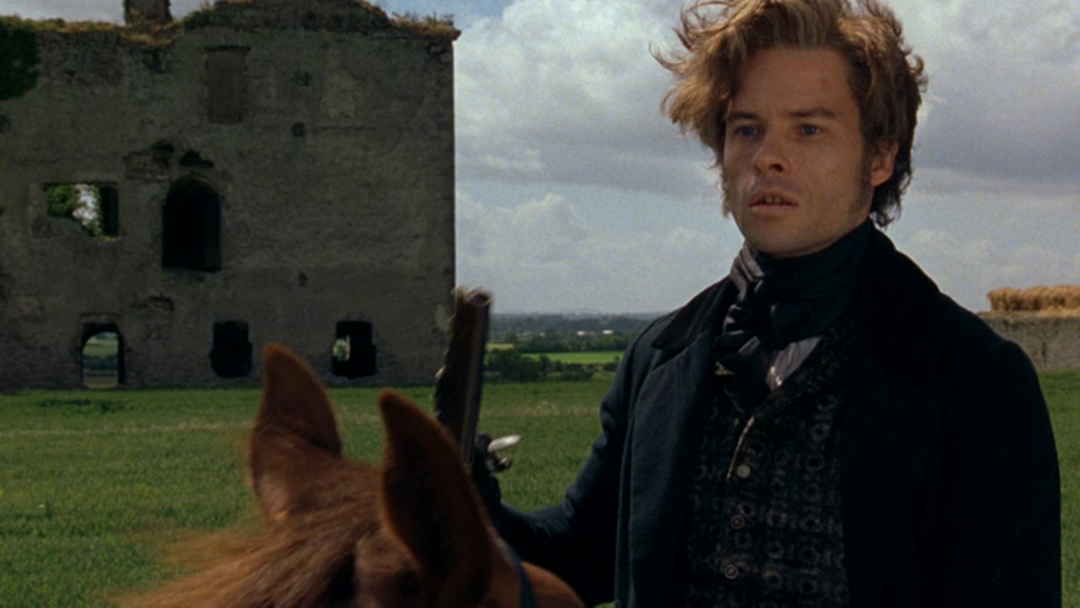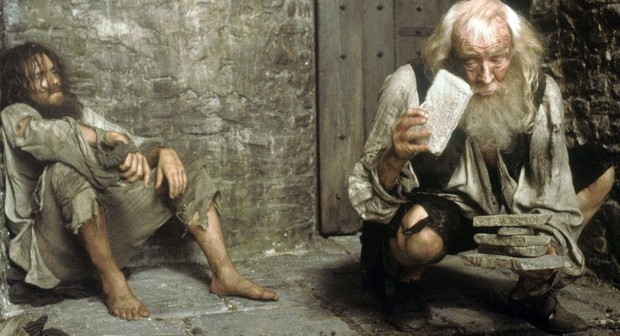- nguyentruong
- November 25, 2024

The Count of Monte Cristo (2002) is a riveting adaptation of Alexandre Dumas’ timeless tale of betrayal, revenge, and redemption. Directed by Kevin Reynolds, the film breathes cinematic life into the 19th-century classic, delivering a gripping story set against the stunning backdrop of post-Napoleonic Europe. Anchored by powerful performances and a compelling narrative, it remains a standout adaptation of Dumas’ beloved novel.
The story follows Edmond Dantès (Jim Caviezel), a kind and naive sailor whose life is upended when he is falsely accused of treason and betrayed by those he trusts most. Edmond’s best friend, Fernand Mondego (Guy Pearce), covets both Edmond’s position and his fiancée, Mercedes (Dagmara Domińczyk), and conspires to have Edmond imprisoned in the forbidding Château d’If. Stripped of his freedom, dignity, and the life he once knew, Edmond endures years of suffering in the isolated fortress.
During his imprisonment, Edmond befriends a fellow inmate, the wise and resourceful Abbé Faria (Richard Harris), who becomes a mentor and father figure. Faria teaches Edmond philosophy, strategy, and combat, transforming him from a naive young man into a cunning and determined force of vengeance. Faria also reveals the existence of a hidden treasure on the island of Monte Cristo, setting the stage for Edmond’s eventual escape.
Upon his daring escape and discovery of the treasure, Edmond reinvents himself as the enigmatic and wealthy Count of Monte Cristo. Armed with his newfound resources and a carefully crafted plan, he begins to systematically dismantle the lives of those who wronged him. Fernand, the scheming prosecutor Villefort (James Frain), and the duplicitous Danglars (Albie Woodington) all face the wrath of Edmond’s meticulously plotted revenge.
Jim Caviezel delivers a powerful performance as Edmond, capturing both the vulnerability of a man betrayed and the relentless determination of one consumed by vengeance. His transformation into the Count of Monte Cristo is both physical and emotional, portraying a character who balances his quest for justice with his lingering humanity. Guy Pearce excels as Fernand, imbuing the role with a blend of charm and malice, making him a formidable antagonist.
The film’s production design and cinematography transport viewers to a richly detailed 19th-century Europe. The stark confines of Château d’If contrast sharply with the opulent mansions and vibrant landscapes of Edmond’s newfound world, visually reflecting his journey from despair to dominance. The lavish costumes and intricate set pieces add depth and authenticity, immersing audiences in the period.
Themes of loyalty, betrayal, and the corrosive nature of vengeance are central to the narrative. Edmond’s journey is not just about retribution but also about grappling with the loss of his former self and the rediscovery of his capacity for love and forgiveness. The relationship between Edmond and Mercedes serves as a poignant emotional core, grounding the story’s larger-than-life events in heartfelt human drama.
The film’s score, composed by Edward Shearmur, enhances the epic scope and emotional depth of the story. Sweeping orchestral arrangements underscore moments of triumph and despair, adding a layer of intensity to Edmond’s journey.
While the film takes liberties with Dumas’ novel, condensing its sprawling narrative and streamlining some of its complexities, it retains the essence of the original story: a thrilling exploration of justice, revenge, and redemption. The result is a compelling and accessible adaptation that resonates with both fans of the book and new audiences.
The Count of Monte Cristo (2002) is a masterful tale of transformation and revenge, brought to life by strong performances, stunning visuals, and a timeless story. It captures the spirit of Dumas’ classic while carving out its own place as a memorable and engaging cinematic experience. Whether you’re drawn to its swashbuckling action, emotional depth, or themes of resilience, the film offers a captivating journey through the highs and lows of human ambition and justice.











